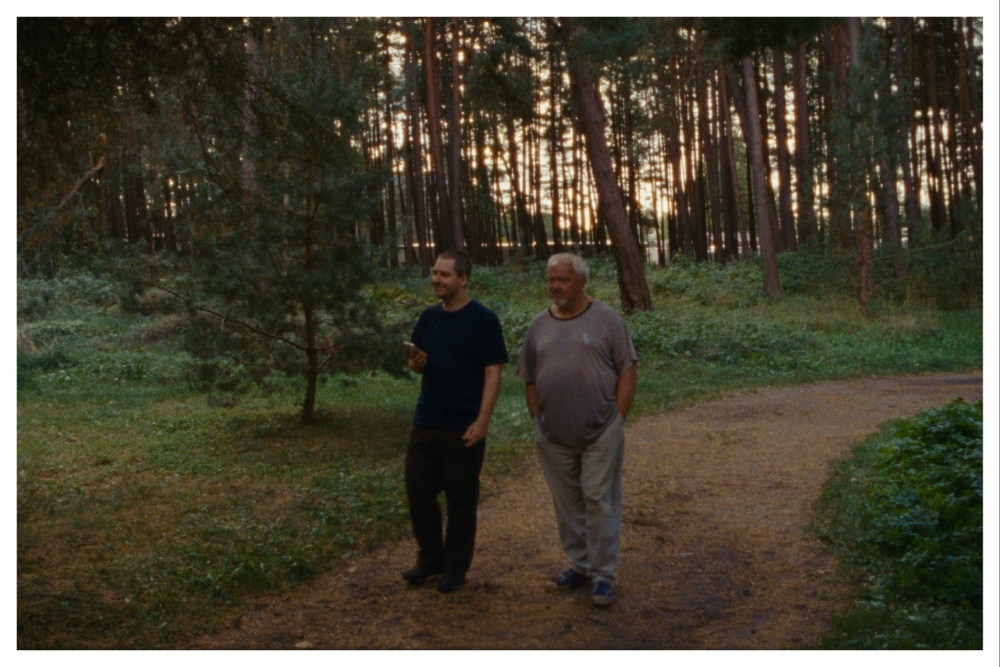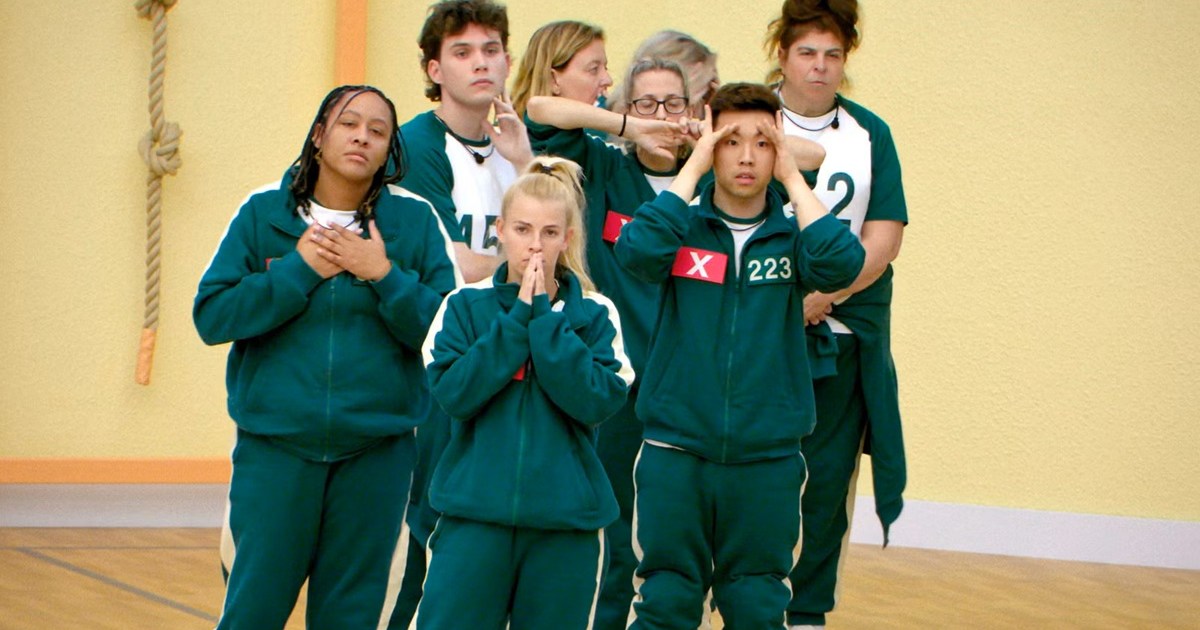Hurricane Melissa Devastates Jamaica as a Category 5 Storm
Hurricane Melissa made landfall in Jamaica on Tuesday as a devastating Category 5 storm, tied for the strongest landfalling Atlantic hurricane in history. While the full extent of the destruction is still being assessed, relief organizations are already mobilizing efforts across the Caribbean to provide aid.
As is typical in disaster situations, nonprofit groups have informed The Associated Press that cash donations are the most effective way to help. Unsolicited goods donations can sometimes overwhelm already strained local systems. Experts recommend using trusted sites such as Charity Navigator or the Better Business Bureau’s Wise Giving Alliance to research unfamiliar charities before donating.
Here is some of the critical work being done and ways to support people impacted by Hurricane Melissa in Jamaica and beyond:
Locals Supporting Locals: United Way of Jamaica
With over 40 years of experience, the United Way of Jamaica has a strong history of supporting communities after disasters, particularly the country’s farmers. Last year, the organization rallied support for female farmers affected by Hurricane Beryl, helping them replace farm equipment, repair roofs, and pay tuition fees for their children at the start of the school year. The Kingston-based nonprofit is currently accepting cash donations to continue its relief efforts.
Immediate Relief and Rebuilding: CORE
CORE’s local staff is already responding in Haiti and plans to deploy teams to Jamaica once airports reopen. They will deliver essential relief items such as hygiene kits and tarps, conduct medical assessments, and provide immediate cash assistance. CORE, active in Jamaica after Hurricane Beryl in 2024, will also assist households with debris removal and home rebuilding. The Los Angeles-based nonprofit welcomes cash donations to its Emergency Response Fund.
Installing Backup Power Systems: Footprint Project
The solar-energy nonprofit Footprint Project supplies communities and first responders with temporary power equipment to aid response efforts and restore communications. They are shipping 150 portable solar and battery power stations from Florida to Jamaica and deploying mobile microgrid equipment from Puerto Rico and Barbados. Working alongside local partners such as the Jamaica Renewable Energy Association, they ensure power systems reach the areas most in need.
The New Orleans-based organization accepts cash donations to support staffing and logistics. They also welcome in-kind donations of “turn-key” renewable power technologies that can be rapidly shipped. Equipment donations can be coordinated via [email protected].
Transporting Cargo for Relief Groups: Airlink
Airlink partners with major airlines like United and American to use underbelly cargo space to transport critical aid to disaster zones. It is currently moving cargo to Jamaica on behalf of 16 NGOs, including the World Food Programme and Mercy Corps. The organization plans to charter at least two additional planes to ferry more goods for its partners free of charge.
The Washington, D.C.-based group accepts both cash donations and donations of United frequent flyer miles to support its mission.
Medical Aid: Direct Relief
Direct Relief provides year-round support to the Caribbean with medicines and supplies. In the past month alone, it has delivered more than $3 million in medical aid to vulnerable areas now threatened by Hurricane Melissa. The organization is focused on supporting health facilities, many located in coastal and low-lying zones susceptible to flooding and power outages.
Direct Relief has sent 100 field-medics packs to Jamaica’s National Health Fund and is collaborating with the Pan American Health Organization to preposition supplies in Cuba. The Santa Barbara, California-based organization is accepting cash donations specifically designated for “Hurricane Melissa,” ensuring funds directly support relief efforts.
High-Quality Supply Donations: Good360
Good360 connects corporate donors with surplus, high-quality supplies to nonprofits in need. The group has prepositioned critical supplies at a Florida warehouse and will partner with local organizations to deliver what’s necessary on the ground. Anticipated needs include generators, tarps, and hygiene kits.
Good360 is accepting cash donations to facilitate delivery and distribution of these supplies.
Long-Term Recovery: Center for Disaster Philanthropy
While immediate relief is crucial, the Center for Disaster Philanthropy (CDP) focuses on long-term recovery, a phase often underfunded in disaster response. CDP provides grants to local organizations who understand community-specific needs, targeting the most vulnerable residents. Their approach emphasizes building resilience to future climate events and leaving communities better prepared.
The Washington, D.C.-based organization is accepting cash donations to its Atlantic Hurricane Season Recovery Fund to support these long-term efforts.
How You Can Help
- Consider making cash donations to the organizations above to ensure flexible, timely assistance.
- Verify charitable groups before donating using trusted watchdog sites like Charity Navigator or the Better Business Bureau’s Wise Giving Alliance.
- Coordinate equipment donations with organizations like Footprint Project to meet specific needs.
- Donate airline frequent flyer miles to Airlink to help transport urgent aid.
Your support can make a significant difference to those impacted by Hurricane Melissa as Jamaica and the wider Caribbean work toward recovery and rebuilding.
https://www.clickorlando.com/business/2025/10/29/how-to-help-those-impacted-by-hurricane-melissa/



